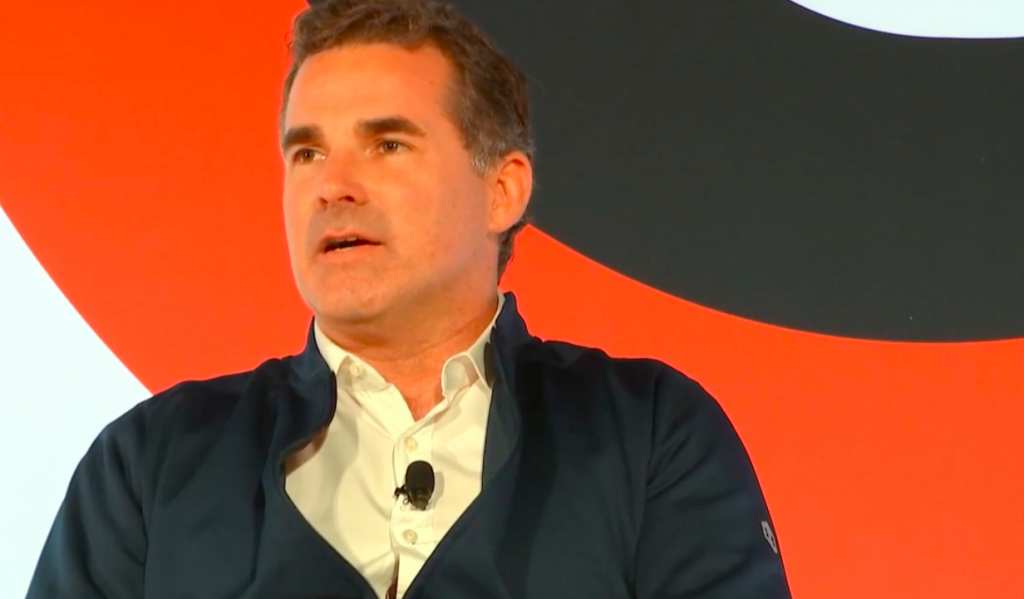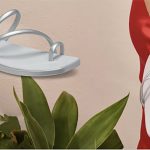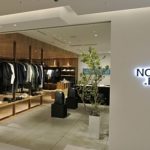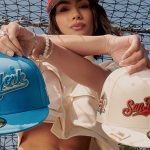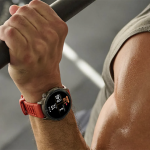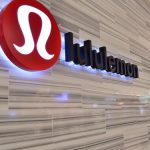Speaking last week at the Advertising Week conference in New York City, Under Armour’s Kevin Plank spoke about the importance of brand values in driving sales and earning advocacy. The brand’s recent sales slump, according to the CEO, is partly because management neglected the company’s core purpose after years of growth.
In an interview with Richard Edelman, president and CEO of the PR-agency Edelman, Plank said the company has been undergoing a “bit of a reset” over 2017 and 2018. That included an “exhausted process” that took place in 2017 to make sure the brand’s vision and mission was as “succinct and clear” as possible.
“These are things that are always a part of what we did and who we were as a company, but had we really stated them clearly?” explained Plank on the thought process. He implied that those vision and mission statements increasingly became vague across the organization as the 23-year-old company grew past $5 billion in annual sales.
“We had vision. We had mission. And they were long and they were complex,” said Plank. “And I don’t think we or, as a company, our leadership team, really understood how important that was as we grew as a business from being a start-up where you could walk the office and I could affect and change the culture and mood of the company in just a couple minutes. It’s just difficult now. We’re 41 offices in 70-plus countries worldwide with 14,000 teammates.”
The shortened mission statement became: “Under Armour makes you better.”
The vision became: “Our vision is to inspire you with performance solutions you never knew you needed and can’t imagine living without.”
Said Plank, “It’s so good that if I left the house and I forgot it as part of my end use, I would turn the car around to go back and get it. That type of impact to being that great.”
He added that while the performance of the product itself is critical, the emphasis on vision and mission speaks to the importance of the consumer’s belief in the brand. Said Plank, “It’s got to be in the brand. The brand has to make you believe it, because that brand is our trust. And as I’ve said for a long time, trust is something that is built in drops and gets lost in buckets. You have to be very careful about how you deposit that and make those deposits each and every single day.”
Both the vision and mission statements ultimately stem from Under Armour’s values. He showed a chart detailing eight values the brand stands for: “Love Athletes,” Stands For Equality,” “Fight On Together,” Create Fearlessly,” “Always Connect,” “Stay True,” “Think Beyond” and “Celebrate The Wins.”
Plank also stressed the importance of making sure a brand’s values drive all messaging including any stands that can be political. He said, “If you have a question about who we are and what we stand for, take a look at our values.”
The repurposing and refining of its mission and vision statements in 2017 came in a year when Under Armour was facing a backlash over Plank’s support of Donald Trump that the company said was mischaracterized.
Plank admitted, however, that it has become more challenging for brands to take a stand on issues with the political climate being ”so polarized.” The brand further faces challenges overseas, as it has built an international business and gained a foothold in places like Russia and China. Said Plank, “You’re trying to maintain that neutrality of being, ‘We stand for the athlete.’ ‘We stand for sport.’ And there’s times when you can’t.”
He said Under Armour’s goal has always been to be a global brand “with American roots” and still believes being an American brand carries benefits overseas. The brand’s business outside of the Americas has surpassed over $1 billion and accelerated back to a more than 25 percent growth rate again this year. Said Plank, “I believe that the complexion of being an American brand is a net positive wherever you go around the world. But they’re not going to buy you just because you’re an American brand. You have to be great.”
Naturally, Plank spent much of a time in his interview at the conference discussing Under Armour’s advertising approach. He believes the brand’s long-time message that Under Armour “can make you better” still resonates loudly with aspiring athletes globally. Said Plank, “Whether you’re a runner, whether you’re going to SoulCycle, whether you’re just going for a walk for exercise, everyone has that same doubt and pain. ‘Do I want to do it?’ ‘How do I get over the edge?’ And so that mentality is something we can help you with.”
Under Armour’s new “Will Makes Us Family” execution was shown at the event.
Plank agreed that brands have to be “a lot more agile” with the many ways it’s possible to engage with consumers across traditional and digital advertising mediums. But he believes the company’s fast-moving and inspirational commercials connect. Said Plank, “I always love when people say about an Under Armour commercial or campaign: ‘I’m exhausted by the end of it,’ ‘I feel guilty,’ ‘I have to jump off the couch and go do something.’ I’m like, ‘Good. Our job is to put you in that position.’”
Addressing brand ambassadors, Plank said that while every elite athlete likely has envisioned themselves being “like a Jordan brand,” Stephen Curry is “one of those transformational athletes” who connects in a similar fashion. He pointed to oversized crowds that regularly come out for the NBA player’s tours in places like Manila, Guangzhou and Tokyo. Said Plank, “He’s a champion and that’s something which of course relates incredibly well with our brand and it translates.”
He also pointed to the “elasticity” of reach by the Under Armour brand and how a diverse range of ambassadors, including Misty Copeland of the American Ballet Theatre and Dwayne “The Rock” Johnson, help Under Armour engage with fans. He called out the importance of influencers, such as Victoria Brown, a SoulCycle instructor. Said Plank, “We have to own that mindset of the consumer that says I am now ready to go be physical and be competitive. And whatever that is, Under Armour is the perfect brand for that.”
Plank believes the brand doesn’t “get a lot of credit” for being one of less than a dozen brands in the marketplace with a billion dollar women’s activewear business. Plank said of the brand’s women’s focus, “We’re going to make sure that we speak to her. We’re going to make sure she is every bit on the same par with any male athlete that’s out there as well. So you’ll continue to see that being an emphasis for us because we do see a massive runway of opportunity for us to continue to be the athlete brand and that is not defined by either gender.”
Beyond brand messaging, Plank said he’s “very proud” of the Under Armour story that includes the early commitment to building the business in Baltimore. He said the city stands for “blue collar, underdog, work pail, humble and hungry, which are the things that sort of define the ethos of our brand.”
He’s also proud that his personal entrepreneurial journey to “make the world greatest football undershirt” that morphed into the idea of viewing apparel as another form or of equipment for athletes can inspire others.
Plank said Under Armour is year two of a three-year transformation plan and indicated that more work needs to be done. The CEO said, “We’re not planting a flag and saying we’ve got it all figured out. We’re saying we have a shot. We have a tremendous team of really committed people in Baltimore and in offices all over the world working on that each and every day.”
Asked about his aspiration for the Under Armour brand in five years, Plank initially said, “We’ll probably be giving some people lots of fits in our industry. Hopefully we do that as a company.”
But Plank also noted that Under Armour recently opened the company’s 1,000 store globally, and he said that underscores the brand’s commitment to expansion. His personal goal is for Under Armour to represent “the best” of what the industry offers.
“I don’t think we have to be the biggest. I’ve sort of live that movie,” said Plank. “I know there’s other competition, but the good thing is that in our industry, it’s not a zero-sum game. So in order for us to win, in order for us to be excellent, in order for us to be the best, it doesn’t mean that somebody else has to go away. Now, if I had my druthers, I’d make those suckers go away, but they’re big and it will take some time. But the good news is that I am 46, and I’ve got nothing better to do for the next 15 or 20 years, so hopefully I have the opportunity to do that.”
Photo courtesy Advertising Week, video/chart courtesy Under Armour

